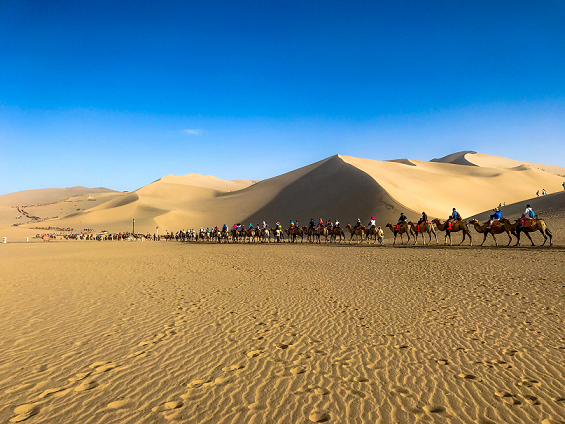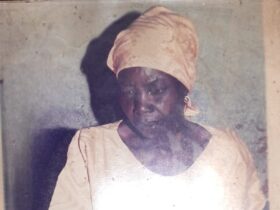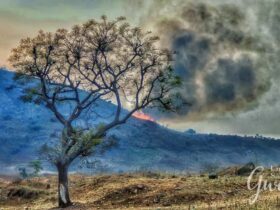
Andrea Grieder is a poet and social anthropologist. She is the founder and director of Transpoesis, an organization based in Rwanda with the aim to empower through Poetry. Originally from Switzerland, she has a Ph.D. from the University of Zurich and Ecole des Hautes Etudes en Sciences Sociales (EHESS), Paris. She is a lecturer at the University of Technology and Arts of Byumba (UTAB), Rwanda.
Before reading the newspaper on 25th of November, I didn’t know much about the Uighurs. Strangely though, that same day, I got an invitation for a poetry event called Poetry from all over the World. Over the last twenty-four years, the organizers have allowed people from more than 150 countries of the world share poems of their home countries with an audience in Switzerland. As an unplanned coincidence, the November edition was dedicated to Uighur poetry.
At the same time, I read, with the whole world, a terrifying truth: an estimated one million Uighur people are detained in camps, arbitrary, by the Chinese government. So, I heard the poems with a melody of nostalgia and rhythm of un-defeated strength.
Among the recited authors was Abdurehim Ötkür (1923-1995), a Uighur poet. Tarim Boyliri (Along Tarim) and Yürek Mungliri (Melodies of the Heart) are his most popular poems. That evening, we listened to Iz (The Track, which is also the title of one of his novels) recited by heart in Uighur and out of childhood memories by a Uighur woman. In the poet’s universe, the track leads through the desert, where it is drawn on by caravans and animals alike. Sand may be blown away by the wind, but the track will always remain as a track of history: “Wind blows, sand moves, yet our trace never disappears.”

Although the event I had attended was dedicated to poetry, the actuality of the leaked information moved one of the presenters to speak out and share his call for help. Overwhelmed by a history of suffering, the disappearance of family members, silencing of loved ones and of powerful voices, he, at some point, became quiet, unable to speak poetry.
Sing the songs you have learnt as a child
Speak the poems you know in your heart
Remember the poet’s wisdom
To have the strength to fight for your people
To fight for freedom.
My heart didn’t speak out of ignorance of pain but with hope that while poetry may not have the power to change the world, but it allows a right man or a right woman to walk with a heart full of courage. That he or she keeps walking, so that the track of history draws its line into the desert and survives the endless passing of caravans: “The caravan never stops even our horses become thin. Our grand-children or great-grand-children will one day find those traces” (Iz, by Adurehim Otkur).
- The Mother of the Ocean – #Andrea - May 25, 2023
- Poetic Insights – #Andrea - October 5, 2022
- Lightful: A Poetry Performance– #Andrea - May 13, 2022













Thank you so much. I appreciated your article. I am a Uighour too. I hope that the would who said “Never again” will stand up foehn Uyghurs who are suffering.